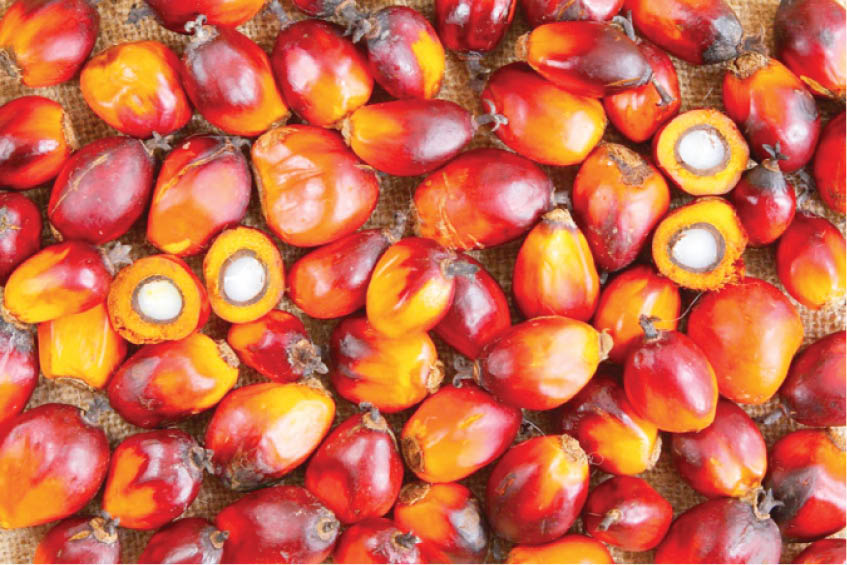Why Nigeria not among top date producers
An official with the Nigerian Institute of Oil Palm Research (NIFOR), Date Palm Sub-Station in Dutse, has said Nigeria has varieties of date that can compete favourably in the international dates’ market. But regardless of the potentials of the country as a major producer of date, it is not listed among the date-producing countries of […]

Palm fruits, from where palm oil is extracted
An official with the Nigerian Institute of Oil Palm Research (NIFOR), Date Palm Sub-Station in Dutse, has said Nigeria has varieties of date that can compete favourably in the international dates’ market.
But regardless of the potentials of the country as a major producer of date, it is not listed among the date-producing countries of the world.
Egypt, Algeria, Tunisia, Morocco Iraq, Saudi Arabia, among others, are among the world’s leading producing countries.
The NIFOR official, who pleaded anonymity, told our correspondent in Jigawa that even though Nigeria had different varieties of date palm, it was not yet recognised as one of the producers of date in the world.
He said, “Even though we have varieties of date that can compete favourably with other varieties in the world, but unfortunately, we cannot be said to be among the top producing countries in the world.
“The most important varieties among in the date family are Dan Mali, Deglet, Ajuwa and Medjun, but we have some varieties which are similar to Ajuwa in terms of medicinal value. Ajuwa is the most medicinal date variety and at the same time fetches more money than other varieties. It is followed by Medjum, which is from Morocco. Ajuwa is from Saudi Arabia. Dan Mali is from the Republic of Mali.
“So, even if we have visitors who want to buy dates, we would not be able to mention our varieties because we don’t have our own brand names. That is why at NIFOR we are trying to characterise our fruits so that they can have international recognition as our dates are some of the best, with a lot of medicinal qualities.
However, the date research at NIFOR is not given the priority attention it deserves, compared to the universities.”
The official attributed the lack of international recognition of Nigerian dates to several factors ranging from inadequate plantations to lack of official interest, especially in the areas of research and funding. But he admitted that of late government had started showing interest in the development of dates.
He said, “The only problem that we have is that we have minimum plantations and we have poor extension services in the country. Research on date palm is just coming up. We have a lot of plantations which if tended well, sooner or later, Nigeria will be listed among the dates-producing countries.
“Interestingly, through various efforts, the federal government procured over 500,000 seeds which were planted about three years ago. The Katsina State Government is about to establish hectares of date palm. So in few years from now Nigeria will be ranked among the dates-producing countries in the world.”
The official further said, “In Nigeria, research is not given priority like some European countries which spend a lot on research and at the end of the day reap bountifully.
“Again, funding is a big problem. There is funding but it is not much because in research you need enough funds.
“However, in the area of human development, the government is doing its best as it trains our staff for higher degrees, and even PhD, and other courses within and outside the country.”
